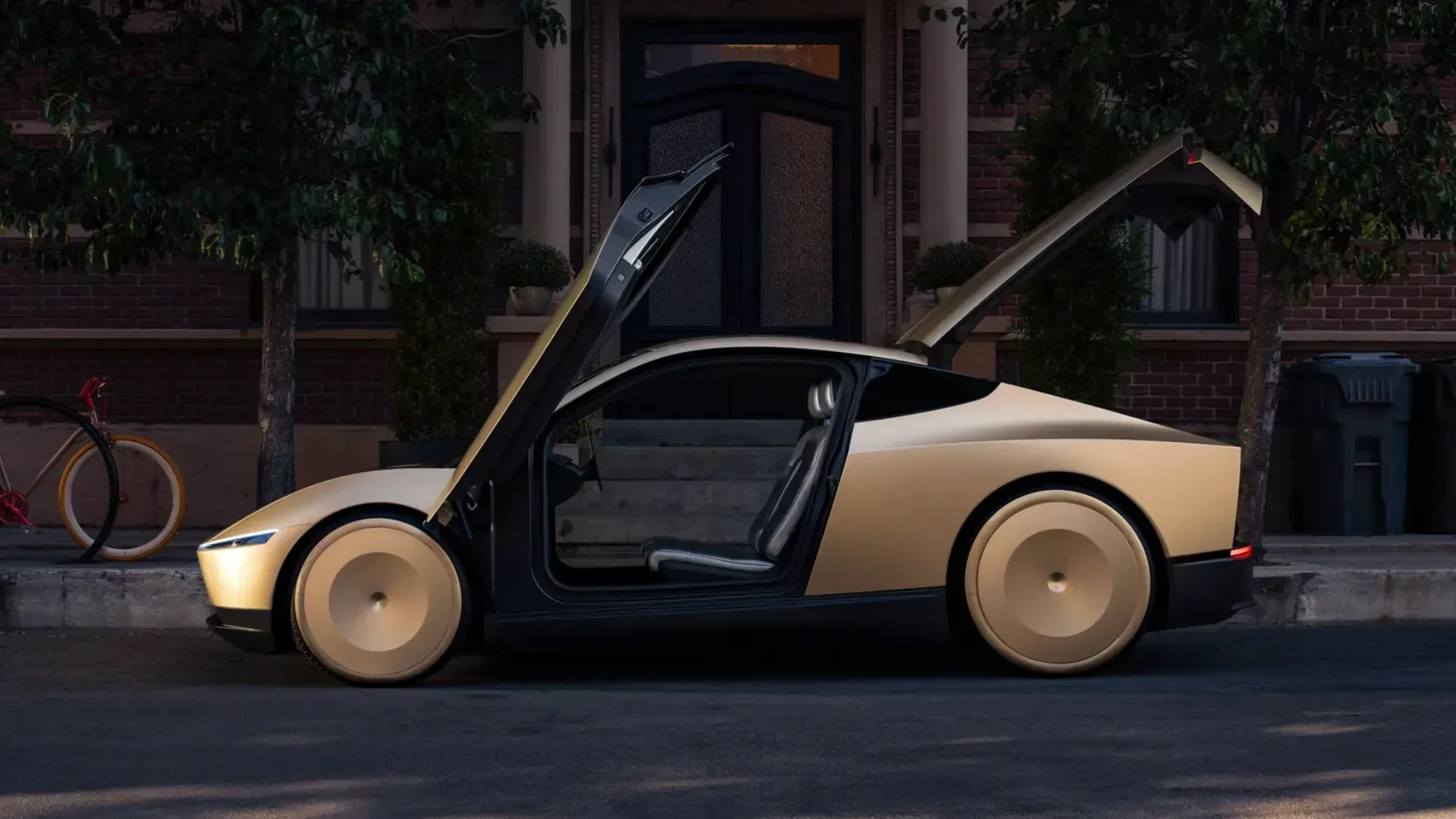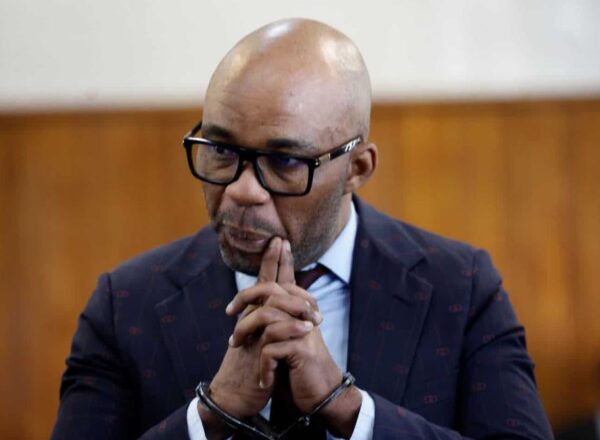
Elon Musk, the visionary CEO of Tesla, is actively lobbying lawmakers to shape the future of driverless vehicle regulations in the United States. Recently pivoting from his previous roles within government, Musk is now focusing on advocating for the Autonomous Vehicle Acceleration Act, which aims to establish a legislative framework for the deployment of autonomous vehicles. As Tesla prepares to roll out its innovative robotaxi service in Austin, Texas, the urgency for clear federal guidelines has never been more critical. With Musk’s substantial investments in AI and robotics, his lobbying efforts reflect his commitment to advancing the commercialization of driverless technology and positioning Tesla at the forefront of this transformative shift in transportation.
Elon Musk’s Lobbying Efforts for Autonomous Vehicle Legislation
Elon Musk has recently assumed a prominent lobbying role in Washington, D.C., focusing on autonomous vehicle legislation. According to reports from Bloomberg, Musk and his team have been actively engaging with members of Congress to advocate for the Autonomous Vehicle Acceleration Act, a bill introduced on May 15. This shift from CEO to lobbyist illustrates Musk’s commitment to promoting a legal framework that could expedite the testing and adoption of driverless vehicle technology in the United States. Such legislation is crucial not only for Tesla’s strategic vision but also for establishing the regulatory foundation necessary for fully autonomous vehicles to operate on public roads.
The lobbying efforts spearheaded by Musk are significant, reflecting the growing interest in driverless technologies and the potential economic boon they may bring. As the automotive industry undergoes a transformation, with traditional vehicles giving way to autonomous systems, having a solid legal structure is vital for stakeholders involved. Tesla’s past investments in artificial intelligence and robotics have laid a foundation, and Musk’s active participation in legislation is seen as a necessary step to ensure that the company remains at the forefront of this technological evolution.
Challenges Facing Driverless Vehicle Regulations
One of the primary hurdles facing Musk’s lobbying efforts is the lack of clear federal regulations governing autonomous vehicles. Current laws and standards have not kept pace with advancements in technology, and as a result, the widespread deployment of vehicles devoid of steering wheels and pedals remains uncertain. The absence of comprehensive guidelines not only complicates the regulatory landscape but also creates a barrier to entry for companies looking to innovate in the driverless space. Musk’s push for the Autonomous Vehicle Acceleration Act aims to address these regulatory gaps, yet the journey towards establishing coherent policies is fraught with challenges.
Moreover, public opinion and safety concerns play a significant role in the legislative process surrounding driverless vehicles. There remains skepticism among lawmakers and the general populace regarding the reliability and safety of autonomous technology. Incidents involving autonomous systems have raised questions about accountability and the ethical implications of driverless travel. Consequently, Musk’s lobbying efforts must also focus on building public trust and demonstrating the safety advantages that autonomous vehicle technology can offer in terms of reducing accidents and improving traffic flow.
Tesla’s Vision and Future of Autonomous Mobility
Tesla’s ambitious vision for the future of mobility hinges on the successful implementation of driverless vehicles through legislative support. With plans to launch a small robotaxi service in Austin, Texas, Tesla is determined to showcase its technological capabilities while navigating the current regulatory environment. The introduction of Cybercabs—fully autonomous vehicles designed without traditional controls—underscores Musk’s commitment to pushing the boundaries of how people think about transportation. By lobbying for supportive legislation, Tesla aims to solidify its position as a pioneer in the autonomous vehicle market.
Looking ahead, the development of driverless vehicle infrastructure is essential for the realization of Musk’s vision. This includes not only favorable regulations but also the establishment of operational guidelines, insurance frameworks, and public charging stations tailored for autonomous fleets. As technology progresses, Tesla’s success will increasingly depend on policy developments that encourage innovation while ensuring public safety. Musk’s lobbying efforts are thus critical in steering the conversation towards a future where driverless vehicles can thrive within a well-defined legal and operational context.
In summary, Elon Musk’s recent lobbying efforts in Washington, D.C., reflect his commitment to advancing legislation that supports the development and deployment of autonomous vehicles, notably through the Autonomous Vehicle Acceleration Act. Despite stepping away from his governmental advisory roles, Musk’s proactive engagement with lawmakers underscores the significance he places on regulatory frameworks that could pave the way for Tesla’s ambitious future plans for driverless technology. With the upcoming launch of a geofenced robotaxi service and the vision of Cybercabs devoid of traditional controls, the urgency for established federal regulations becomes ever more critical. As the industry stands on the brink of a technological shift, the outcomes of Musk’s lobbying may not only influence Tesla’s strategies but also shape the future landscape of transportation as a whole.







